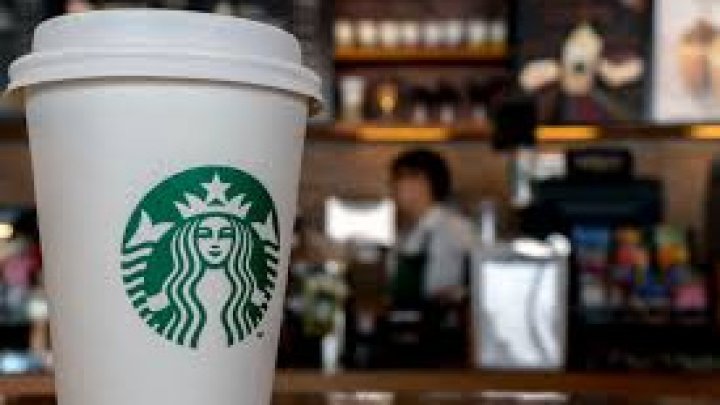Starbucks managers comment on bias training in wake of race controversy
 foto: Starbucks needs more than racial bias training after men's arrest, experts say
foto: Starbucks needs more than racial bias training after men's arrest, experts say
Starbucks closed thousands of stores Tuesday and asked employees to talk about when they noticed their racial identity, discuss what unconscious bias is and watch videos in which people of color describe feeling unwelcome in stores.
It was all part of the coffee chain's anti-bias training, created after the arrest of two black men in a Philadelphia Starbucks six weeks ago.
Several Starbucks managers in the New York region volunteered to be interviewed by the Associated Press on Tuesday after undergoing racial bias training.
"It was, I think, a great first step to start to talk about it, to not apologize and then think it was just all going to go away," said Nancy Murgalo, a human resources manager with Starbucks.
Murgalo said she thought the group discussions were beneficial, so that employees could hear from colleagues who experience racial discrimination.
"I may have worked with some people for 10 years and there were things about them I didn't know," she said. "To really hear about what their experiences are every day and their experiences that I don't have and I probably could never really understand but to be able to hear about it and to think 'how can I be a part of making this better?'
"I found out things about people that I've worked with a lot that I didn't know," said Carla Ruffin, a New York regional director at Starbucks who took the training earlier in the day Tuesday.
Ruffin, who is black, said she remembers growing up in the 60's and looking up to Rev. Dr. Martin Luther King, Jr.
"I think addressing it intellectually and addressing what's the systemic problem is more the way to go about it. And that's what I've felt really good about what we did here today," she said.
She said the training is needed: "I think what the sessions we went through today were kind of opening that door for us to be present enough, go deeply enough, have real conversations and exchanges" about race.
In the Philadelphia incident, Rashon Nelson and Donte Robinson were asked to leave after one was denied access to the bathroom. They were arrested by police minutes after they sat down to await a business meeting.
The arrest was recorded by cellphone and triggered protests, boycott threats and debate over racial profiling, or what has been dubbed "retail racism." It proved a major embarrassment for Starbucks, which has long cast itself as a company with a social conscience.
Nelson and Robinson settled with Starbucks for an undisclosed sum and an offer of a free college education. They also reached a deal with the city of Philadelphia for a symbolic $1 each and a promise from officials to establish a $200,000 program for young entrepreneurs.
Starbucks said the arrests never should have occurred. It has since announced anyone can use its restrooms, even people not buying anything.